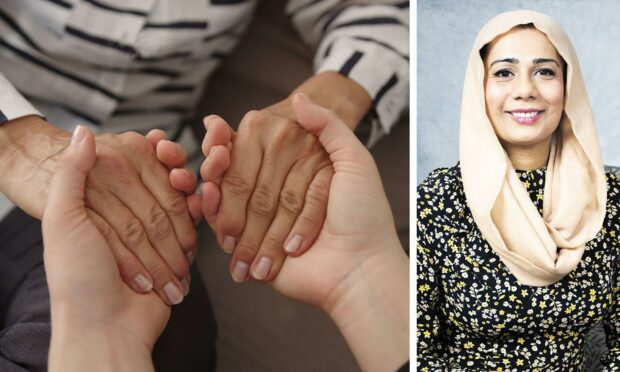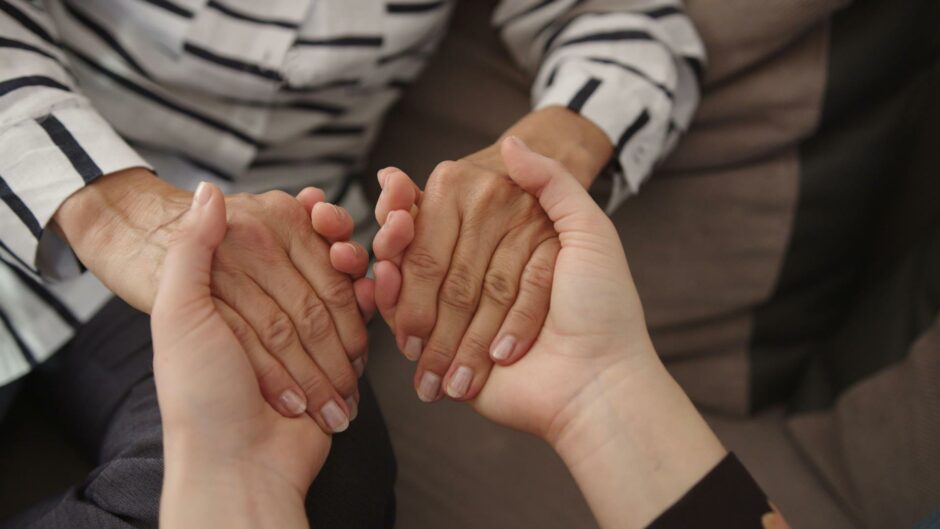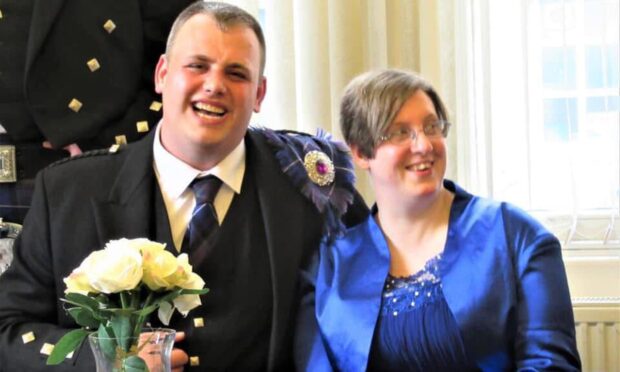As Ramadan approaches, Muslims across Tayside and Fife are preparing to take part.
This year, Ramadan is expected to begin on April 2 and last up until May 1, based on the ever-changing lunar calendar.
However, not eating between sunrise and sunset, when a family will break their fast with iftar (the evening meal) is difficult mentally and physically.
And lighter nights mean the fasting period will be two hours longer by the end of Ramadan, than it was at the beginning.
So, how can you make sure you’re staying happy and healthy, despite prolonged fasting?
We’re bringing you our top tips.
Cut the caffeine
Dr Nighat Arif, resident GP on BBC Breakfast and medical advisor for community fitness app, Her Spirit, suggests avoiding caffeine when you break your fast for suhoor (meal consumed before dawn) or iftar.
Aside from worries about a post-caffeine slump, Dr Arif says caffeine and energy drinks “should be avoided”.
This is because they may make you urinate more throughout the day: “Many people find this is a common problem,” she says.
Focus on quality and nutrition
When you can only eat and drink in two parts of the day, it’s important the food you eat will sustain you, and that you drink enough water in those periods.
Dr Arif suggests choosing “complex, slow-release carbohydrates, protein and fresh fruit and vegetables”.
Exercise to maintain not to excel
You should still aim to exercise during Ramadan, like Abtaha, but with a focus on low-intensity workouts, that are mindful of your physical and emotional wellbeing.
Dr Arif advises: “Aim to maintain your fitness, rather than hit new intensity goals. If you want to try something new, add in low intensity pilates, yoga or even a gentle swim.”

She suggests exercising just before iftar or between iftar and suhoor, so you can eat and drink after you exercise and replenish and rehydrate your body.
Distract yourself
Ramadan is about more than just fasting, it is a time of reflection, prayer and mindfulness – an opportunity to really focus on your faith.
For many, this helps with any angst or upset you may feel as a result of fasting.

Dr Arif finds solace in prayer, meditation, time alone and television shows.
Everyone’s body will react differently and it can take a big mental toll, so find something that brings you comfort and relaxation.
Know when to say ‘no’ and take a step back
When you’re hungry and your body is struggling, it is inevitable you may suffer from some low mood and irritability.
It’s important to communicate the fact you are fasting to people around you.
Dr Arif likes to remind herself when she begins to feel irritable, or is finding a conversation difficult during Ramadan, that: “At the moment, I am fasting and I am not at the best capacity to deal with this conversation.”
By taking a step back and reflecting, you will be in a far better position to deal with your emotions and the situation.
Be patient with yourself and let those around you know you may need patience from them too.












